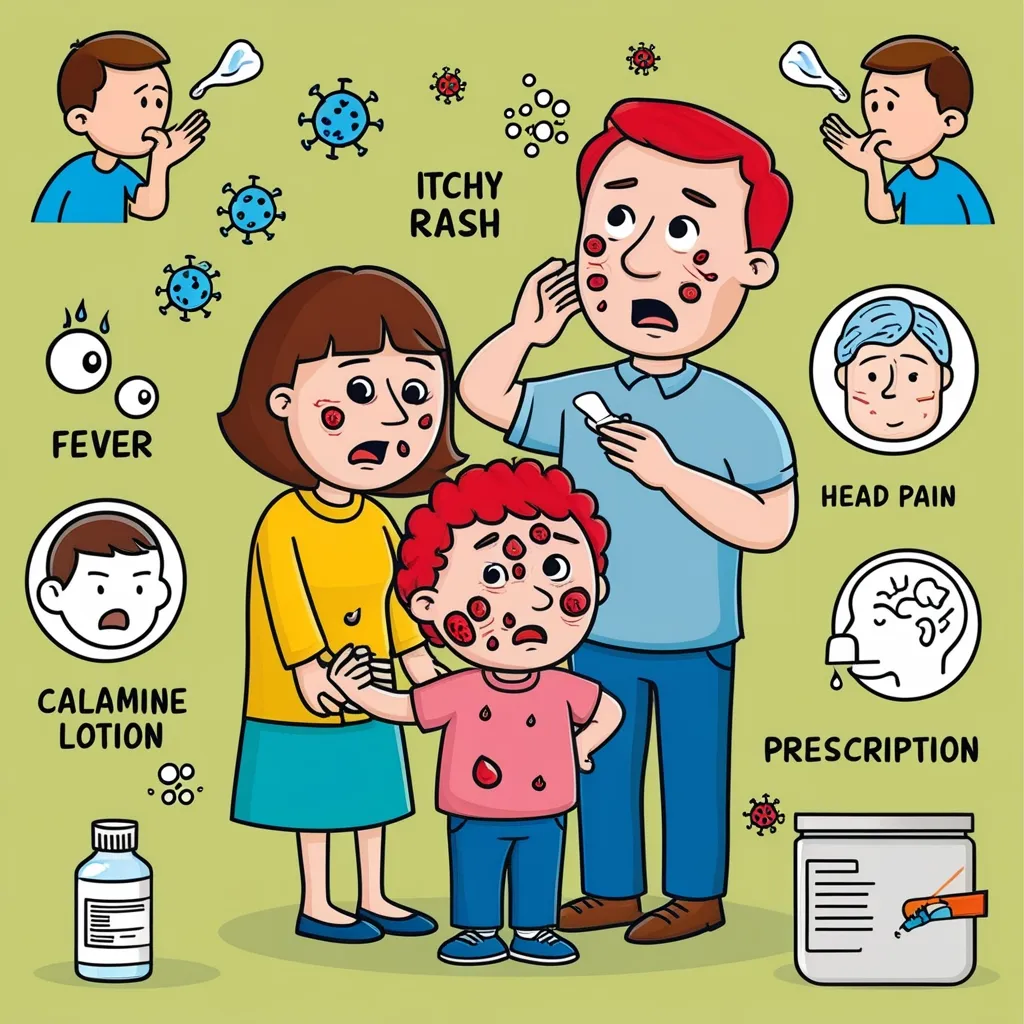Omega-3 fatty acids, often dubbed the “good fats,” play a crucial role in keeping our bodies running smoothly. They’re essential nutrients that our bodies can’t make on their own, so we need to get them through our diet. Let’s break down the amazing benefits of omega-3s and why you should care about them.
One of the biggest perks of omega-3s is their impact on heart health. Studies have shown that omega-3s can significantly slash the levels of triglycerides—those pesky fats in the blood that can clog arteries and lead to heart disease and stroke. They also help raise HDL, the good cholesterol, and lower blood pressure, which is a win-win for your ticker. However, they don’t seem to directly cut down the risk of heart attacks or strokes, but improving these risk factors is still a big deal.
Mental health is another area where omega-3s shine. Regular intake has been linked to lower rates of depression and anxiety. Some studies even suggest that omega-3 supplements can help ease symptoms in people struggling with these conditions. EPA, a specific type of omega-3, is especially effective against depression. So, if you’re looking for a mood booster, omega-3s are worth considering.
For pregnant women, omega-3s are a must-have. Getting enough omega-3s during pregnancy can lead to children with better cognitive skills, improved communication and social skills, and fewer behavioral issues. This underscores how important these fats are for brain growth and development in infants.
Omega-3s also do wonders for eye health. DHA, another type of omega-3, is a key building block of the retina. Making sure you get enough DHA can help fend off macular degeneration, a top cause of permanent eye damage and blindness. So, if you want to keep your vision sharp, omega-3s should be on your radar.
If you have rheumatoid arthritis, omega-3 supplements might offer some relief. Their anti-inflammatory properties can reduce pain and stiffness, making life a bit more bearable. While the jury is still out on their effectiveness for all autoimmune diseases, omega-3s hold promise for improving quality of life for those dealing with inflammation.
Speaking of inflammation, chronic inflammation is a major player in many diseases, including heart disease, cancer, and autoimmune disorders. Omega-3s help by dialing down the production of inflammatory substances in the body, offering a layer of protection against these conditions.
When it comes to ADHD, omega-3s have shown potential benefits too. Kids with ADHD often have lower levels of omega-3s in their bloodstream. Supplementing with these fatty acids can help improve symptoms like inattention and hyperactivity, making it easier for kids to focus and get things done.
Safety-wise, omega-3 supplements are generally easy on the system, with only mild side effects if any. But there’s some debate about whether they might affect prostate cancer risk. Plus, if you’re on blood-thinning meds or have a seafood allergy, it’s best to check with a healthcare provider before diving into omega-3 supplements.
The best way to get your omega-3 fix is through your diet. Fatty fish like salmon and anchovies are packed with DHA and EPA, while plant-based options like flax seeds and walnuts offer ALA. While supplements can help, whole foods are usually the way to go for maximum benefit.
So, there you have it. Omega-3 fatty acids are vital for various aspects of our health—from keeping our hearts beating strong to boosting our mood and mind. They support brain development, protect our eyes, reduce inflammation, and might even help manage symptoms of ADHD and rheumatoid arthritis. Adding omega-3s to your diet, whether through food or supplements, can significantly impact your overall well-being and quality of life.






